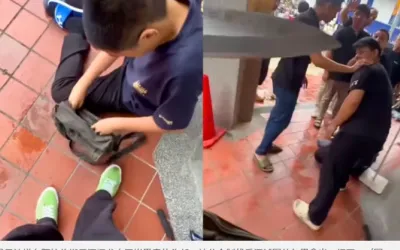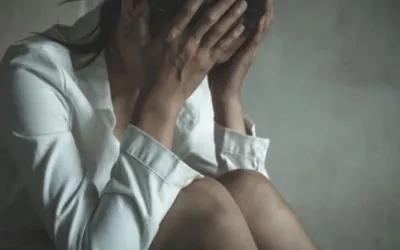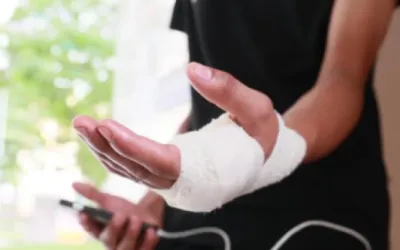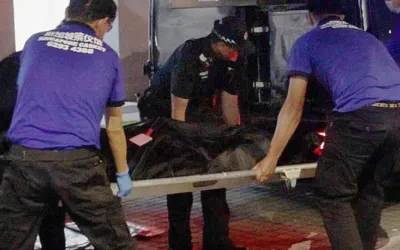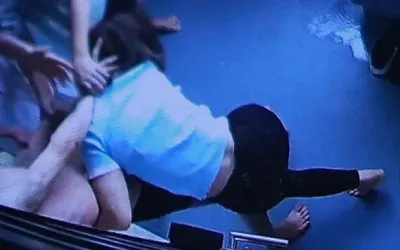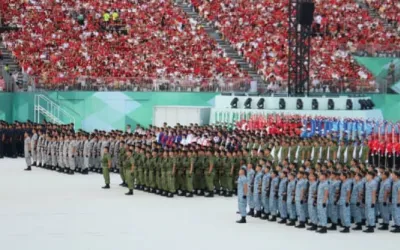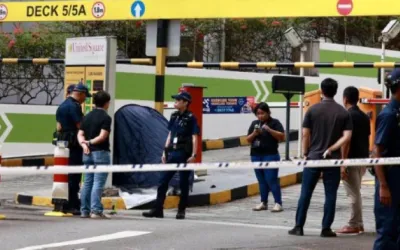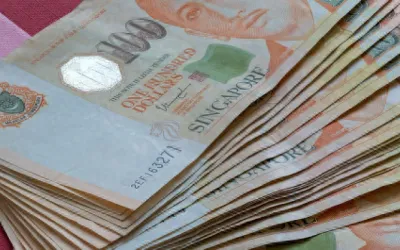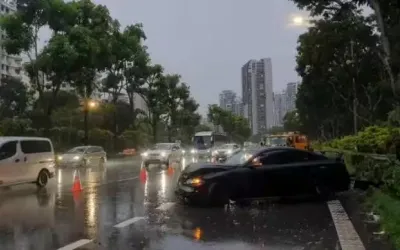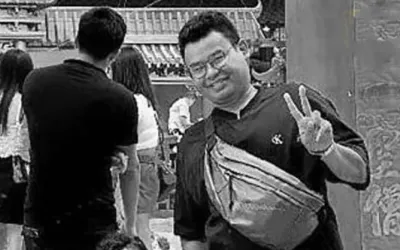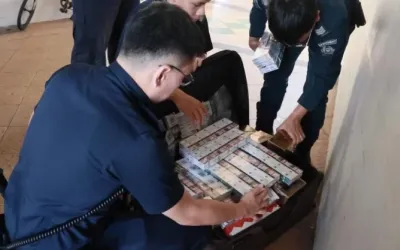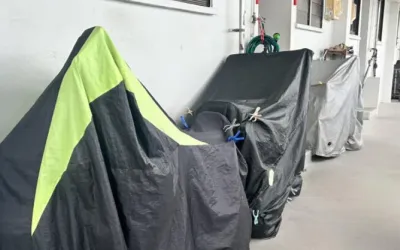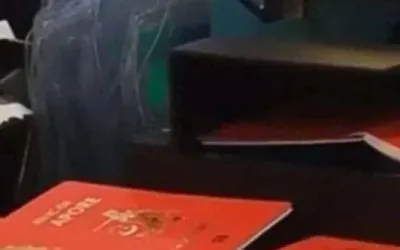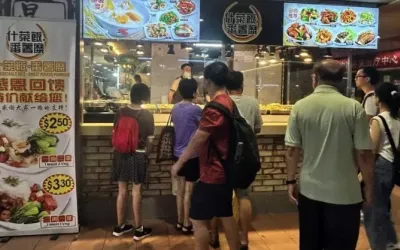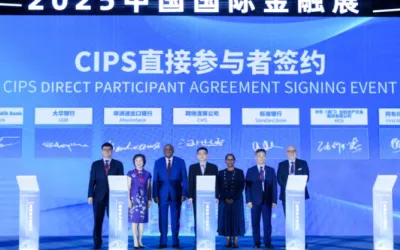If and when volunteers are mobilised, we will tap on those who have registered with NParks as well as many volunteer groups who have contacted me personally and the Ministry of Sustainability and the Environment (MSE) through social media and WhatsApp after assessing that it is safe to do so. The Public Hygiene Council will help to train, equip and coordinate with volunteers for this effort. This would be a safe and meaningful way for Singaporeans to contribute to the reopening of our beaches.
I will now address questions on food safety and water quality, which Miss Cheryl Chan, Miss Rachel Ong and Mr Xie Yao Quan have raised. To date, our fish farms remain unaffected by the oil spill. Nonetheless, as a precautionary measure, the Singapore Food Agency has been taking seafood samples from coastal fish farms in the East Johor Strait for food safety tests. We are also monitoring the quality of imported fish and seafood. The test results continue to indicate that our local fish and imported fish are safe for consumption.
Miss Rachel Ong3 asked if real-time data from the Marine Environment Sensing Network (MESN) buoys can be made available on an hourly basis to fish farms and relevant non-governmental organisations' communities. I understand that MESN currently deploys one buoy at St John's Island and real-time data that has been assessed to be of high confidence is publicly accessible on MESN's online data platform.
There has been no impact to our water supply. Sensors at our five desalination plants, including at the Jurong Island Desalination Plant closest to the oil spill location, continue to show no abnormalities in the quality of seawater. In the event that any plant in Singapore's water supply system is disrupted, the Public Utilities Board (PUB) will step up production capacity in our remaining plants. Mr Speaker, allow me to speak in Mandarin, please.
(In Mandarin): We have made good progress in cleaning up the oil pollution. We have collected over 1,200 tonnes of oil-soaked sand and effectively, most of the oil slicks at the beachfront have been removed. We have also deployed booms to prevent oil leaks from reaching the shore or flowing inland.
Here, I would like to express sincere gratitude to various Government agencies and cleaning contractors. Thanks to their close coordination and relentless efforts, the cleanup work has proceeded smoothly.
To ensure public safety and the safety of cleaning personnel, we have implemented a series of measures. In the areas affected by oil pollution, we have conducted air quality tests to ensure the personal safety of nearby residents, tourists and clean-up personnel. The air quality has remained at safe levels.
Before commencing the clean-up work, we briefed the personnel on the work scope and safety measures, and provided them with appropriate personal protective equipment. We also ensured that the personnel have sufficient rest time and regularly replenish their fluids.
The entire clean-up work is expected to take about three months. The beaches at Sentosa, East Coast Park and the Southern Islands will be gradually reopened to the public for land-based activities. We will conduct water quality tests to ensure that water quality is restored to normal and remain stable for at least one week before allowing swimming and water activities.
We are also considering mobilising volunteers to participate in the final phase of the clean-up work, to lighten the burden on the cleaning personnel and expedite the reopening of beaches.
Relevant authorities have been closely monitoring the situation. We understand that the oil spill incident has caused inconvenience to some businesses. Affected businesses and relevant parties can file claims with the vessel owners’ insurance agents.
The agencies are developing rental deferral measures to help affected businesses with their cash flow, on a case-by-case basis. Sentosa Development Corporation will also look to promote a return of footfall through marketing and social media support. In terms of food safety and water supply, our fish farms have not been affected by the oil spill incident. Nevertheless, SFA has been monitoring the quality of imported seafood and implementing preventive measures to ensure food safety. Our water supply has also not been affected.
(In English): Mr Speaker, in conclusion, as we are now in the second phase of the clean-up operations, some of the precautionary measures adopted in the first phase, such as daily air monitoring at affected beaches and water quality monitoring for our fish farms, have become less pressing. Given that the conditions have stabilised, we will gradually step down measures that are no longer required so that agencies can focus on the current demands.
Our agencies will continue to press on with cleaning operations and monitor the quality of our air, food and water, as well as the impact on affected stakeholders. I would like to thank the many cleaning personnel, supervisors and Public Officers who have worked tirelessly in the clean-up operations. I am also thankful for the support from service partners, volunteers and the public.
We look forward to the next and final phase of operations, where we would be inviting volunteers to help with the clean-up, so that we can nurse our cherished environment back to health as soon as possible.
HQ丨编辑
HQ丨编审
新加坡国会丨来源

